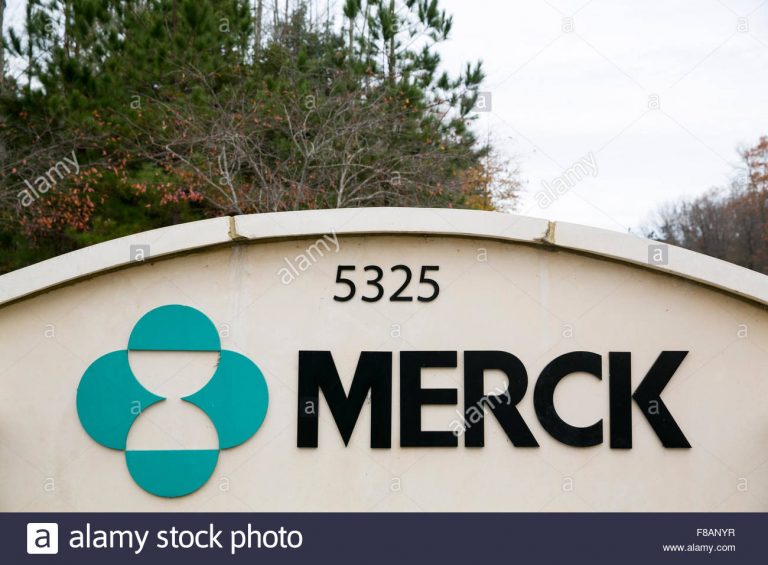
Merck & Co., Inc. (NYSE:MRK) and Genexine of South Korea are teaming up on a drug research program that could expand treatment options for patients with HPV-induced cancers.
Genexine has been working on an experimental biologics drug called GX-188E and it has got to a point where it wants to test the drug as a combination treatment with Merck’s approved drug Keytruda. While Genexine’s GX-188E is an HPV therapeutic DNA vaccine, Merck’s Keytruda is an anti-PD-1 therapy.
Clinical research collaboration
Merck and Genexine are specifically teaming up on research collaboration. As such, the agreement grants Genexine permission to use Keytruda to continue the research and development of its candidate GX-188E. Through a subsidiary of Merck, Genexine will assess the efficacy and safety of GX-188E as a combination therapy with Keytruda in Phase 1b and 2a clinical trials. The companies have further agreed the agreement could be expanded in the future to include Phase 3 studies as well.
While Genexine will lead the research program, Merck will supply it with Keytruda for the clinical trials and also offer study support that wasn’t specified.
The partnership between Merck and Genexine is seen as part of the immuno-oncology race where drug companies are working on a new form of treatments that harness the patient’s immune power to fight tumors. In the case of GX-188E and Keytruda combination, the study that Genexine will carry out will seek to determine the best way the drugs can be combined for optimal performance in patients afflicted by advanced HPV-induced cervical cancer.
The right partner
Merck’s Keytruda has already shown positive signs in helping combat advanced cervical cancer and that makes Genexine feel that it is the right pair for GX-188E to battle advanced HPV-induced cervical cancer.
Genexine studies are scheduled to begin in 1H2017 and about 40 patients will enrolled.
Keytruda generated $356 million in sales in 3Q16, helping Merck to grow its overall revenue nearly 4.7% YoY to more than $10.5 billion. EPS for the quarter was $1.07, beating the consensus estimate.




